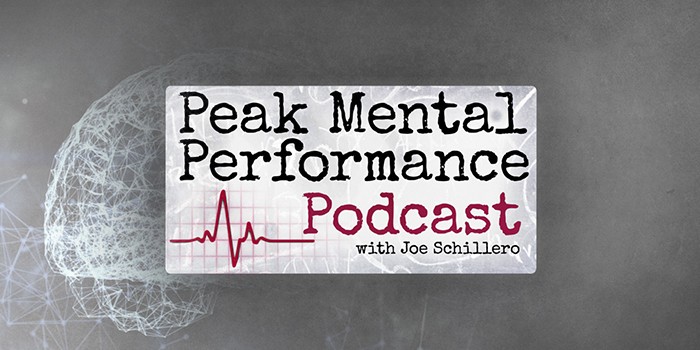
As you progress in your training and in competition; I think it’s really important to be able to honestly self-reflect on why you have (or haven’t) made progress over a given period of time. There’s a couple reasons for this:
- To encourage you – sometimes it’s easy to forget the progress made and get discouraged because of high expectations. Take a few moments and appreciate the small victories.
- To keep you accountable for changes needed – Just because you’ve made progress, doesn’t mean there aren’t areas that still need addressed and uncomfortable challenges that need taken on.
- To help you “pass on” these lessons to others – If part of your passion for training includes teaching others, it’s important to be able to honestly and accurately evaluate what has led to your progress, especially if a lot of lifters look up to you.
So how do you do this? Keeping a regular Training Log, being objective with yourself, and having others who’s perspective you trust and respect will help provide you with accurate feedback to create these conclusions for your “why”.
Where do you most people go wrong? From what I see most often, I think most people limit themselves to only looking at one aspect of their training, as assigning all of their progress to that one variable. Example: “I put 100lbs on my total while doing _____ program, so it must be an awesome program! Everyone should be doing it!” – While that could certainly be true, I think it’s important to take a well-rounded look at where all of that 100lbs increase came from and all the variables involved. Now, we’ve all heard that person on the internet… “THEY ONLY GOT STRONGER BECAUSE OF THE DRUGS!” – Those people are obviously on the far end of the spectrum, and are typically just looking for a reason to validate their own excuses and invalidate advice they may be getting from someone stronger than they are. On the flipside, sometimes you’ll see strong lifters who are in complete denial that anything except their super-awesome training program made them get stronger, and that’s the other far end of the spectrum as well. This can then sometimes lead to veteran lifters shoving technique and program changes down a beginners throat, without considering whether they're right for that individual. So, aside from “hard work” and “the best program ever”, what variables can effect strength over a period of time?
- Bodyweight Changes – Seems like a no-brainer, but changes in bodyweight will effect your leverages and ranges of motion; as well as allow you put on (or lose) muscle. If you gain 50lbs of bodyweight, chances are you will be able to put more weight on the bar as well. And if you lost a substantial amount of weight, expect that to affect your strength. Where there’s a push, there’s a pull.
- Technique Improvements – We see this all the time at our elitefts seminars and events; and I see it with my online coaching as well. Sometimes the “simplest” technique tweaks can put more weight on someone’s total than all the steroids in the world.
- Mental Approach – This is very underappreciated, but incredibly important. Small changes in mental approach can make a huge difference in execution on the platform and in the gym (and this is the reason I started the Peak Mental Performance Podcast).
- Training Environment – This is a common one as well (and combines the mental approach and the technique variables). Often times moving from training by yourself to training in an energetic environment will make you believe that you can do more; as well as provide more coaching cues that will improve your lifting. Even if the training methods themselves in this environment aren’t optimal, you can still see strength increases (at least initially) due to this.
- Drugs – While many drug-free athletes focus WAY too much on this; it is still a factor. If you went from off drugs to on them (or vice versa), or ramped up your doses, etc – That will play a factor. Does it constitute 100% of someone’s progress? Absolutely not. But to pretend it doesn’t play a huge factor is fairly naïve.
- Time Under the Bar – This is the simplest but most overlooked variable. Even with a terribly-designed program, work put in over time will pay off. In the words of my elitefts teammate Vincent Dizenzo, “work never goes wasted.” – So keep in mind, that if you trained for 5 years even with a shitty program, 5 years of consistent training will amount to some level of strength.
..Chances are, there’s some level of all these variables factoring into your progress as you get stronger. So as you make changes to your own training, and educate others on getting stronger as well, take an honest approach to evaluating all the variables involved. It will make you a better lifter, and a better coach.
For more information, content, or to ask any questions; visit PeakMentalPerformance.Org or email me at joeschillero@gmail.com









